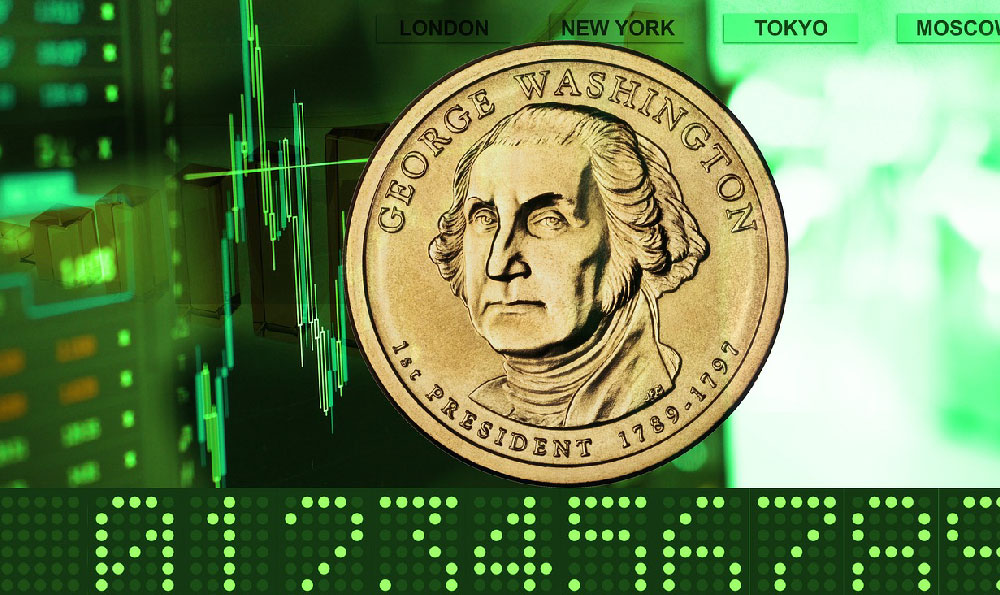The question of a mayor's salary is far from a simple, easily answered figure. It's a complex equation influenced by a myriad of factors, primarily centering around the size and type of the municipality they govern. Understanding the intricacies behind mayoral compensation provides valuable insight into the responsibilities, challenges, and economic realities of leading a city.
Let's begin with the most significant determinant: population. Unsurprisingly, mayors of large metropolitan cities typically earn significantly more than those of small towns. Managing a city with millions of residents, a sprawling budget, and intricate infrastructure demands a far greater level of expertise, responsibility, and time commitment. Think of the mayor of New York City versus the mayor of a small rural town in Iowa. The sheer scale of New York City’s budget, its public services, and its diverse communities presents challenges that are incomparable to a smaller municipality. A larger population usually translates to a larger budget, more complex social and economic issues, and increased pressure on the mayor to deliver effective governance. Consequently, mayoral salaries tend to correlate directly with the city's population. The higher the population, the higher the compensation generally is.
However, population is not the only factor at play. The type of government structure a city employs also influences mayoral compensation. Cities operate under various forms of government, each defining the mayor's role and responsibilities differently. In a "strong mayor" system, the mayor holds significant executive power, responsible for day-to-day operations, budget preparation, and appointment of department heads. This system typically results in a higher salary for the mayor, reflecting their broader authority and managerial duties. Conversely, in a "weak mayor" system, the mayor's role is primarily ceremonial or serves as the chairperson of the city council. The city manager, a professional administrator appointed by the council, handles the executive functions. In this scenario, the mayor's salary tends to be considerably lower, as their responsibilities are less extensive.

The local economy also plays a crucial role in determining mayoral salaries. Cities with thriving economies, robust tax bases, and strong business sectors generally have the resources to offer more competitive salaries to their elected officials. Conversely, cities facing economic hardship, declining populations, and limited revenue streams may struggle to provide adequate compensation. The economic health of a city directly impacts its ability to attract and retain qualified individuals to serve as mayor. Competitive salaries are often necessary to incentivize experienced professionals with the skills and expertise needed to address the city's challenges and promote economic growth. Consider the difference between a mayor leading a booming tech hub and one managing a city grappling with industrial decline. The former likely has access to greater resources and can justify a higher salary due to the complexity of managing a thriving economy.
Furthermore, the cost of living in a particular city must be taken into account. Cities with high costs of living, particularly in areas with expensive housing and high tax rates, often need to offer higher salaries to attract and retain qualified individuals. A salary that might seem generous in a low-cost area might barely be sufficient to cover basic expenses in a high-cost urban center. Therefore, the cost of living is a significant factor in determining the fairness and competitiveness of a mayoral salary. The purchasing power of the salary must be considered in relation to the local economic conditions.
Beyond these primary factors, other considerations can influence a mayor's salary. These include the level of experience and education of the mayor, the political climate in the city, and the presence of any specific skills or expertise that are particularly valuable to the municipality. For example, a mayor with a background in finance or urban planning may command a higher salary due to their specialized knowledge.
It's important to acknowledge that mayoral salaries are subject to public scrutiny and debate. Citizens often question whether the compensation is justified, particularly in times of economic hardship or when the mayor's performance is perceived as inadequate. Transparency in salary determination is crucial to maintain public trust and ensure accountability. Many cities publish mayoral salaries and other financial information online, allowing citizens to assess whether the compensation is fair and reasonable.
Ultimately, the question of how much a mayor earns is a complex one, with no single, definitive answer. The salary is determined by a combination of factors, including population, government structure, economic conditions, cost of living, and the mayor's qualifications and experience. Understanding these factors is essential for evaluating the fairness and appropriateness of mayoral compensation in a particular city. It's also crucial to consider the responsibilities and challenges associated with leading a municipality and the importance of attracting and retaining qualified individuals to serve in this important role. A well-compensated mayor can bring experience and dedication to the table, leading to greater prosperity and a better quality of life for the city’s residents. While fiscal responsibility is necessary, undervaluing the position can lead to less qualified candidates seeking the office, which, in the long run, could cost the city far more than a fair salary.











